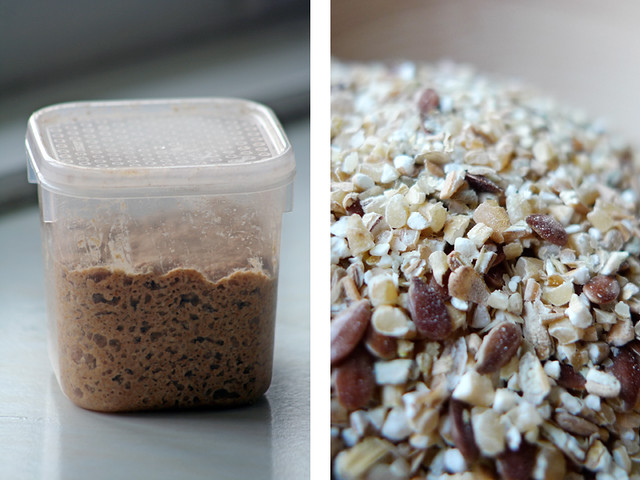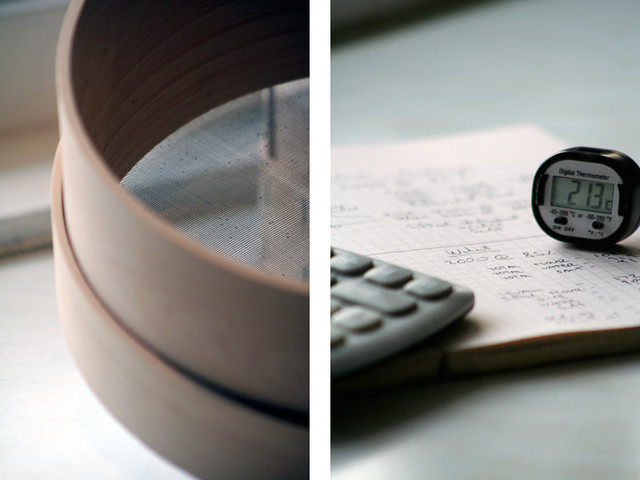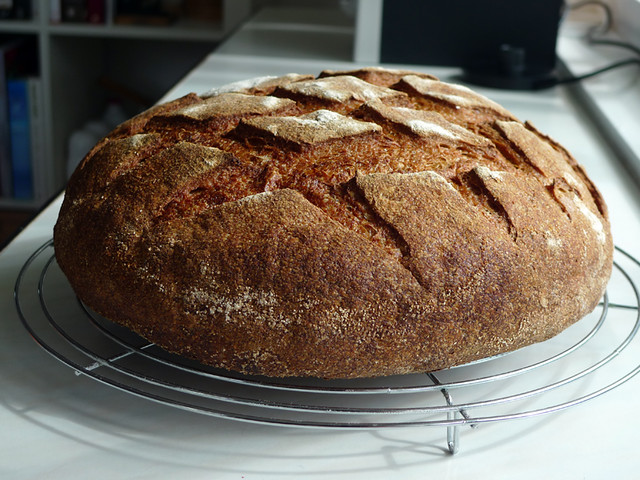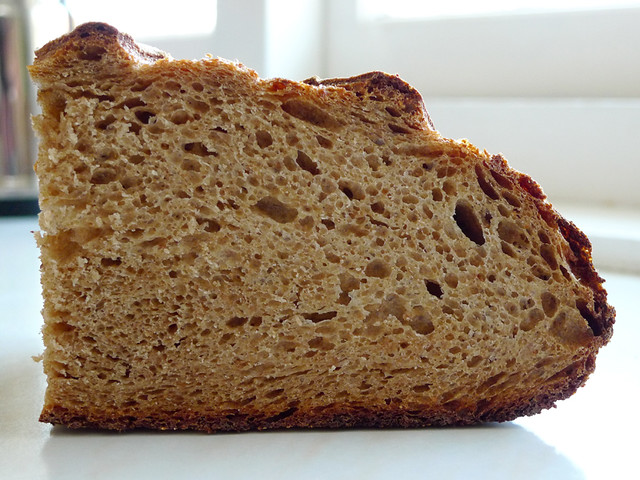Any grains you like...
With a rye starter now sitting on the bench for the foreseeable future I thought it was about time to reduce the amount of packets of cracked grains sitting in the pantry that were purchased before my Komo mill arrived.
[url=http://www.flickr.com/photos/67856223@N06/6236644689/] [/url]
[/url]
 [/url]
[/url] [/url]
[/url] [/url]
[/url]